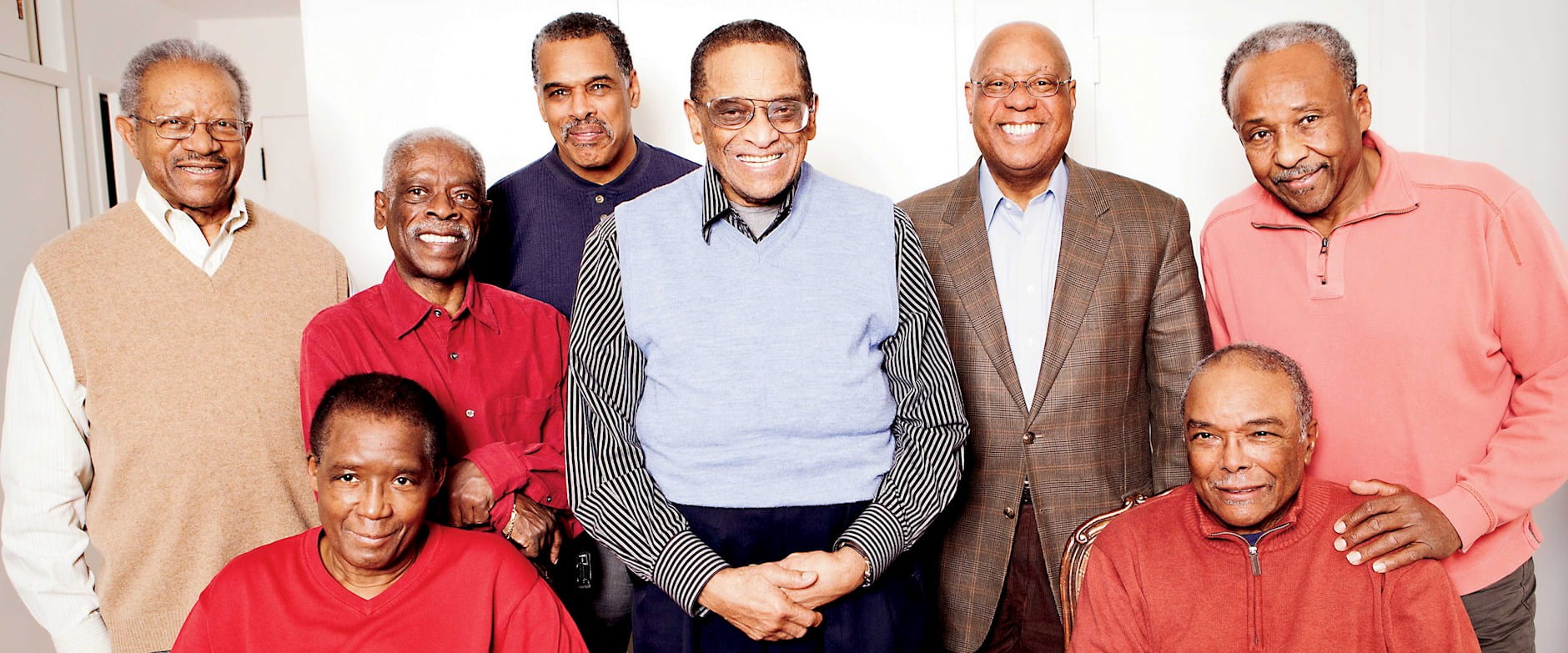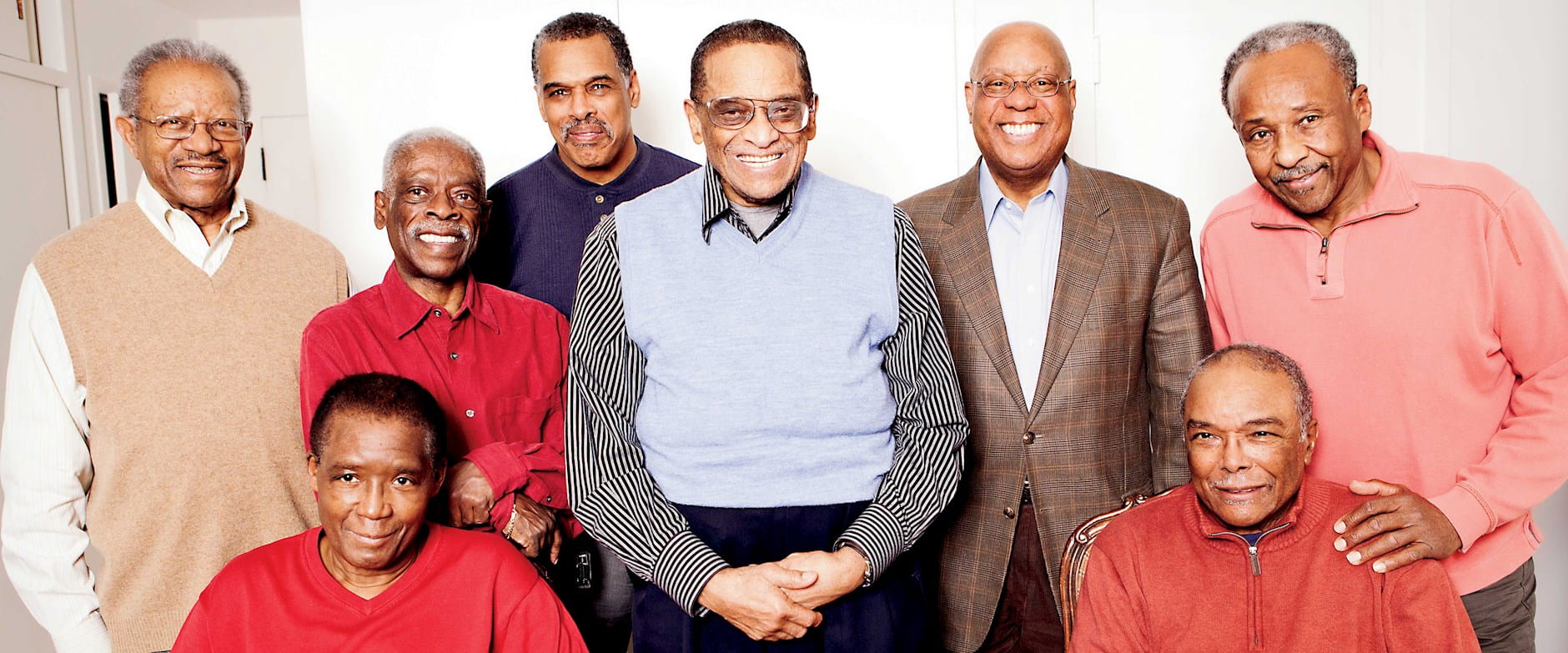CBM: Why business? What did you find at business school that made you insist that others make their way into it?
Hill: Exposure. Most students came from historically Black colleges. Corporations didn’t recruit there, so educated Black people worked for the state or federal government. Public accounting firms wouldn’t hire Black people, so you couldn’t get the hours needed to take the CPA exam. And most of us didn’t have family in business; it wasn’t a way of life. At business school you received exposure to the world. You learned how business works, and not just in theory. It was real exposure to working businesses and people in business. The term networking didn’t exist then, but that’s what it was.
CBM: What was the vibe on campus and in Chicago in those years? Did you feel welcome, engaged?
Gabbin: Overall, society was racist, but the university felt like a cocoon, a place to learn and grow. It was brainy, intellectual, and hospitable to people with talent. The faculty assumed you were serious about study because they were serious about teaching. Professor Sidney Davidson was the cat’s meow. Because of his teaching style, I changed my major to accounting. And when I was graduating, he picked up the phone and arranged for me to interview at Touche Ross & Co. [now Deloitte], a public accounting firm.
CBM: Describe the ripple effect of Black inclusion in the MBA program.
Hill: When I’d tell people I was studying at the University of Chicago, they’d say, “You’re lying, man.” Dean Metcalf made it happen. He took a chance on me. I took a class with professor Robert McKersie. We had to adopt a company and write a paper on it. To find the company, we went to meetings of [Black civil rights organization] Operation Breadbasket. That’s how I met Jesse Jackson, who was at seminary then. Going to those meetings gave us exposure to Black-owned companies: it was good for all of us. I adopted Parker House Sausage Co., a South Side company still in operation.
CBM: How do you feel when you see what you created, when you walk into a jammed NBMBAA conference?
Gabbin: Flat-out blown away. Overwhelmed. Students and professionals in suits and ties, courted by major corporations, banks, and universities—none of us visualized that in 1970. We threw seeds on a path, and look what grew! Sometimes you’re blessed to have done the right thing in spite of yourself. There was a Black camaraderie among us. We were looking to do something global among Black MBA students, to make something happen, to start a conversation that would open business to Black people.
Editor’s Note (February 2022): We are saddened to note that James Hill Jr., ’67, passed away in December 2021.
Editor’s note (July 2020): This article was originally written in early May 2020 and revised in early June before our press deadline to include additional comments. Chicago Booth reaffirms our unwavering commitment to diversity, equity and inclusion, and rejection of racism.




